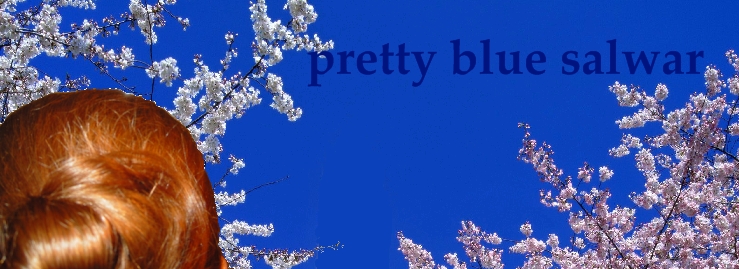I realized recently that I had never finished reading L. M. Montgomery's journals, and since I now have much more time for reading than I could ever hope, I've managed to make a great deal of headway into them.
Reading these journals is absolutely fascinating. Where to begin?
Let's start with the language itself. Ms. Montgomery is remarkably articulate, as would be expected. However, she considers her education to be extraordinarily poor. She went to a one-room rural schoolhouse which changed teachers every six months or so (Montgomery's critiques of these various teachers are fairly scathing; however, I remember writing the same sorts of things myself, in my own high school diaries). From her own accounts she believes herself to have had a spotty, inferior education; and yet her use of language is phenomenally above any student in any modern high school I have ever had opportunity to encounter.
"Well, fine," you might say, "but Ms. Montgomery was smarter than the average bear." In return, I give you this love letter, written by a fourteen-year-old suitor, which Montgomery pasted into her diary:
Name one fourteen-year-old you know who can write like that. I know this blog has readers from several countries, so I expect a full survey of responses. Anyone?
Well, Polly [Montgomery's nickname], it must be done. I had at first intended to write quite a lengthy epistle, setting forth my poor opinion of myself, my very inferior personal endowments, my happiness, or rather ecstasy if your note proved favorable to my wishes etc. etc. etc. But I have altered my paln of arrangement and resolved to give you hard, dry, plain facts, for they may possibly appear as such to you, but they are nevertheless as true as gospel. Here goes: Of all my fenimine friends the one whom I most admire -- no, I'm growing reckless -- the one whom I love (if the authorities allow that word to come under the school boy's vocabulary) is L. M. Montgomery, the girl I shook hands with, the girl after my own heart.
Yes, Polly, it is true. I always liked you better than any other girl and it has kept on increasing until it has obtained "prodigious" proportions. Oh, wouldn't I like to see you reading this. But I must conclude or you will say it is very lengthy after all. Remember I am waiting for you to fulfill your part of the transaction with ever-increasing impatience.
From Nate.
Reading about Montgomery's adolescence and adulthood also gives me the strange ticklish sensation that in the "idyllic" days of the 1890s, even people in what Montgomery describes as a "backwards Island town" were... um... cleverer than we. In nearly every entry Montgomery describes attending some town event or another; lectures, poetry recitals, debates. She gives an analysis of a town debate about whether Napoleon or Wellington was the better general; 100 years later, I don't even know who Wellington is and I'd doubt anyone in my "backwards Midwestern town" could create any kind of debate on this particular topic.
It is also very interesting to watch how Montgomery changes after she leaves her small island town to attend college in Halifax. She writes about how wonderful it is for her to get a formal education; and yet as soon as she immerses herself in this formality, her own ideas and musings diminish and eventually disappear. Her journals are no longer philosophical and imaginative and instead serve as a collection of classes attended and meals eaten. This may be a byproduct of Montgomery's growing up (as adolescence seems to prompt flights of fancy) but it also seems directly related to her new ambition to memorize correct answers for the big-city (and therefore authoritative) university. After she leaves university, she slowly begins to regain her own voice. Thank goodness.
Finally (as I don't want this post to get too lengthy; if you want to know more you'll have to read the journals yourself), I was astonished to discover that like her literary alter ego Emily, Montgomery received, on average, four marriage proposals per year. And she was a woman who was clearly outperforming (in terms of both ability and ambition) all of the men around her. Clearly they did not fear strong women like their contemporaries do.
So in 1890s Canada, even backwoods students could communicate complex ideas with articulate and correct grammar, small towns were full of intellectual debate, and high-performing women were beleagured with suitors.
Plenty of people talk about wanting to move to Canada now. I would like to move to Canada then.
Thursday, June 14, 2007
A Kindred Spirit (or, Canada Is Always Best At Everything, Isn't It)
Posted by
Blue
at
6:08 PM
![]()
Labels: literature, writing
Subscribe to:
Post Comments (Atom)



No comments:
Post a Comment